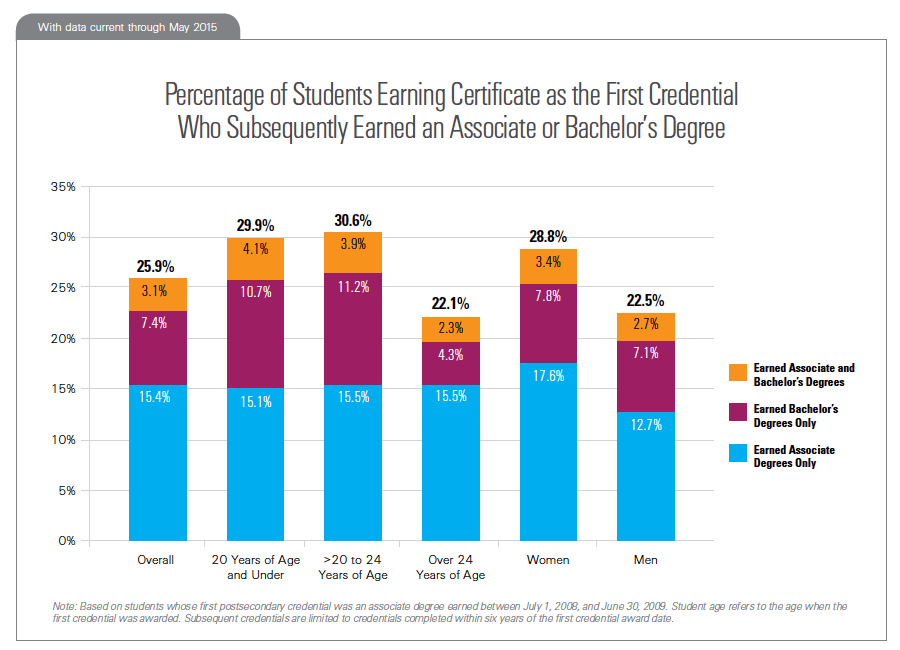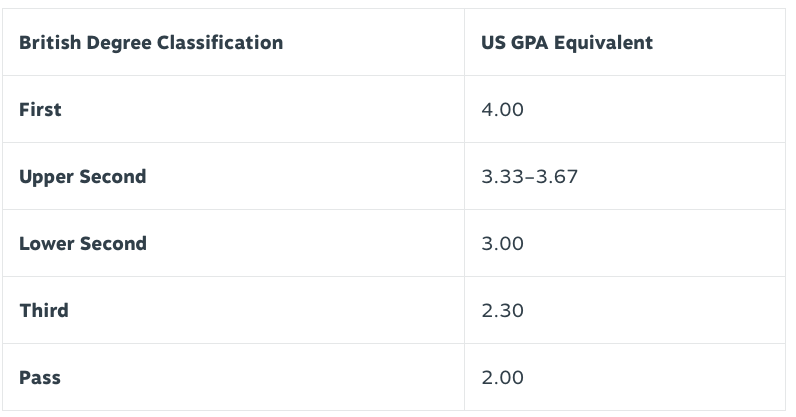
If you miss your target grade for your second year, don’t be disheartened. This value will differ depending upon the weight assigned to your years and the degree classification you are aiming for. While this means that your second year of university counts less towards your degree classification than the third, a good score in your second year will give you the best possible chance of achieving the degree you desire.įor your goal degree classification to remain within reach, you will need to score a minimum number of module credits at a certain grade in your second year. In the 1:2 weighting ratio, your second-year marks account for one third of your final grade, while your third-year marks contribute two thirds. Some employ a split of 40% for the second year and 60% for the third. The most common ratio is a weighting of 1:2, but this can vary depending upon your course and university. This means that your third-year marks will make a larger contribution to your final grade.

It is, however, common for universities to assign a different weighting to your second and third year. If you are taking a four-year course, your level two, three and four modules will determine your overall grade. So, unlike in your first year, the marks you achieve in your second-year assignments and exams do count towards your final degree classification.

Does the Second Year of University Count?ĭegree classifications are calculated using the results taken from all modules taken in your second and third years at university (level two and level three modules).


 0 kommentar(er)
0 kommentar(er)
